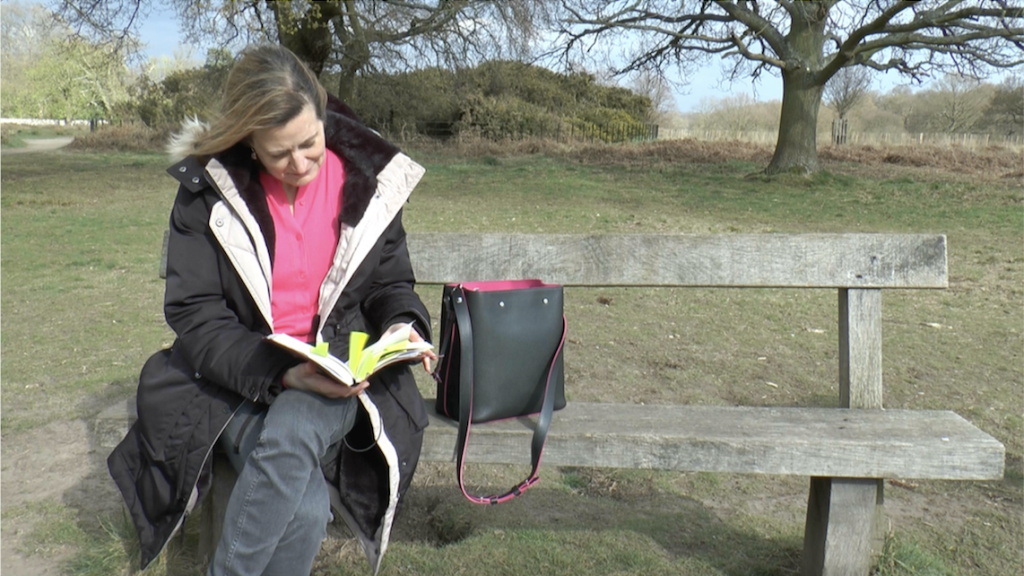Even though the majority of London’s domestic abuse victims will suffer some kind of coercive control, experts say it still remains largely misunderstood.
What is coercive control?
According to Woman’s Aid, coercive control is an act or a pattern of acts of assault, threats, humiliation and intimidation that is used to harm, punish or frighten a victim.
Survivors say the threat of violence occurring at any moment is as bad as if it were to actually happen.
Samantha Billingham was in an abusive relationship for three years. After she left her ex-partner she formed survivor network ‘Survivors of Domestic Abuse’ or SODA.
“He controlled when I could and couldn’t sleep. On one particular occasion, I had just brought him a bird for his birthday. It was a cockatiel – a beautiful, beautiful bird.
“I was so tired one night, went to bed, and he killed the bird and brought it into the bedroom to show me, and he blamed me for going to bed for him killing this bird. So there was always a consequence for everything I did that he didn’t want me to.”

Coercive control has been compared to being taken hostage, where a victim can become trapped in an unreal world of confusion, contradiction and fear. This means many victims aren’t aware they are being abused.
Samantha recalled: “I thought it happened in all relationships. I couldn’t see my friends, so I couldn’t have that conversation or start that conversation with anyone.
“It was only when I left that I was handed a questionnaire, which had about 20 questions on about coercive control. And I remember looking at it and answering these questions, and I just got so upset because I hadn’t realised that it was abuse. I just accepted it as normal behaviour.”
‘A perfect storm’ scenario
Experts say lockdown has allowed domestic abuse to thrive behind closed doors.
The national domestic abuse helpline reported a 61% increase in calls over the past year.
Back in 2020 after the first national lockdown, 1 in 5 offences recorded by police were domestic abuse related.
Options to seek help
Victims can go to charities, frontline services and refuges for aid.
But some survivors are critical of these options, including domestic abuse campaigner, Shana Begum.
“I’ve been to three refugees throughout my life. They’re like prison they will monitor when you leave when you come everything you do and that’s not what we need.
“You are having the shock of your life. You’ve been managing the cycle of abuse for a long time. You’ve been appeasing the perpetrator for a long time. So what these victims need in refuges is specialist support.”
Domestic Abuse Bill
New amendments to the landmark Domestic Abuse Bill received Royal Assent this April. This comes as a relief to campaigners and survivors who have been calling for stronger protection to be provided to them under the law.
The #DomesticAbuseBill has been given Royal Assent.
This game-changing piece of legislation will help millions of people who have suffered domestic abuse & ensure abusers face the full force of the law.
Domestic abuse is not ok. #YouAreNotAlone ????
???? https://t.co/KTcUMQKB83 pic.twitter.com/aZI2uj2JaR
— Home Office (@ukhomeoffice) April 29, 2021
Key measures of the Domestic Abuse Bill include:
- Non-fatal strangulation would become a criminal offence.
- The threat of sharing intimate images as revenge porn would be criminalised.
- The coercive control offence would be extended to cover post-separation abuse.






